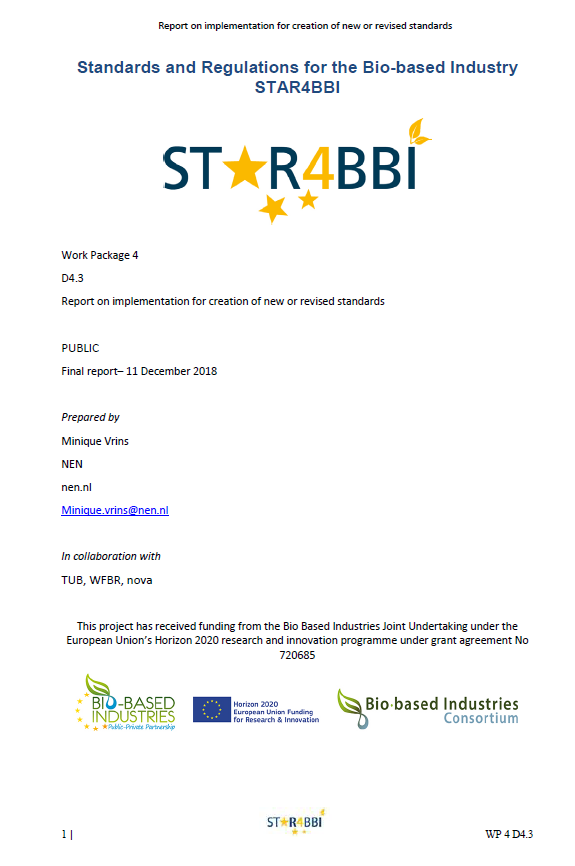Standards are documented agreements containing technical specifications or other precise criteria to be used consistently as rules, guidelines or definitions, to ensure that materials, products, processes and services are fit for their purpose. Standards provide people and organizations with a basis for mutual understanding, and are used as tools to facilitate communication, measurement, commerce and manufacturing. Standards are developed for safety and reliability reasons, where users perceive standardized products and services as more dependable – this in turn raises user’s confidence, increases sales and the take-up of new technologies. Standards are developed as a collaborative process that includes manufacturers, users, consultants, governments and other interested parties. Standardization bodies seek to have all parties concerned at the table during the development of standards. When stakeholders are not represented during the development of the standard, the outcome may be less than optimal for stakeholders that use the standards. The development of standards takes up to several years. During this time, it is also possible that processes have evolved which makes the standard already outdated once it is published. To tackle this issue a systematic review of standards is therefore in place. For European standards, CENCENELEC initiates a review at the latest five years after the publication date. Upon decision of the responsible technical committee a review can start earlier.
For the bio-based industry the European Commission identified that standards are needed to promote the uptake of its products by consumers, facilitate the functioning of the Single Market, and enable public authorities to implement ‘green procurement’ policies[1]. Mandated by the European Commission, the CEN/TC 411 ‘Bio-based products’ developed standards that cover horizontal aspects of bio-based products. These standards play a crucial role in supporting the growth of the bio-based products market. They can help to increase market transparency by providing common reference methods and requirements that enable the verification of claims and certification regarding the bio-based content, bio-degradability or environmental sustainability of different products. Certification is a procedure by which a third party gives written assurance that a product, process or service is in conformity with certain standards. Over the last years many certificates have been developed by NGOs, authorities or certification bodies to help consumers, manufacturers, distributers and traders choose the right products for their purpose and to provide for conformance testing. Among others, certificates help to demonstrate the sustainability of biomass, the bio-based content of a product or the end-of-life options. As a result, many certification schemes are available in the market. Implementing standards and achieving standards accreditation comes at certain costs. These costs tend to be fixed irrespective of scale, and thus adversely affect starters or small producers.
The objective of this report is to identify standards or other initiatives that hamper the growth of bio-based producers in the market. The goal is to remove these identified and shortlisted barriers preferably before the end of the project.
[1] Innovating for Sustainable Growth: A Bioeconomy for Europe (COM(2012) 60), European Commission 2012

